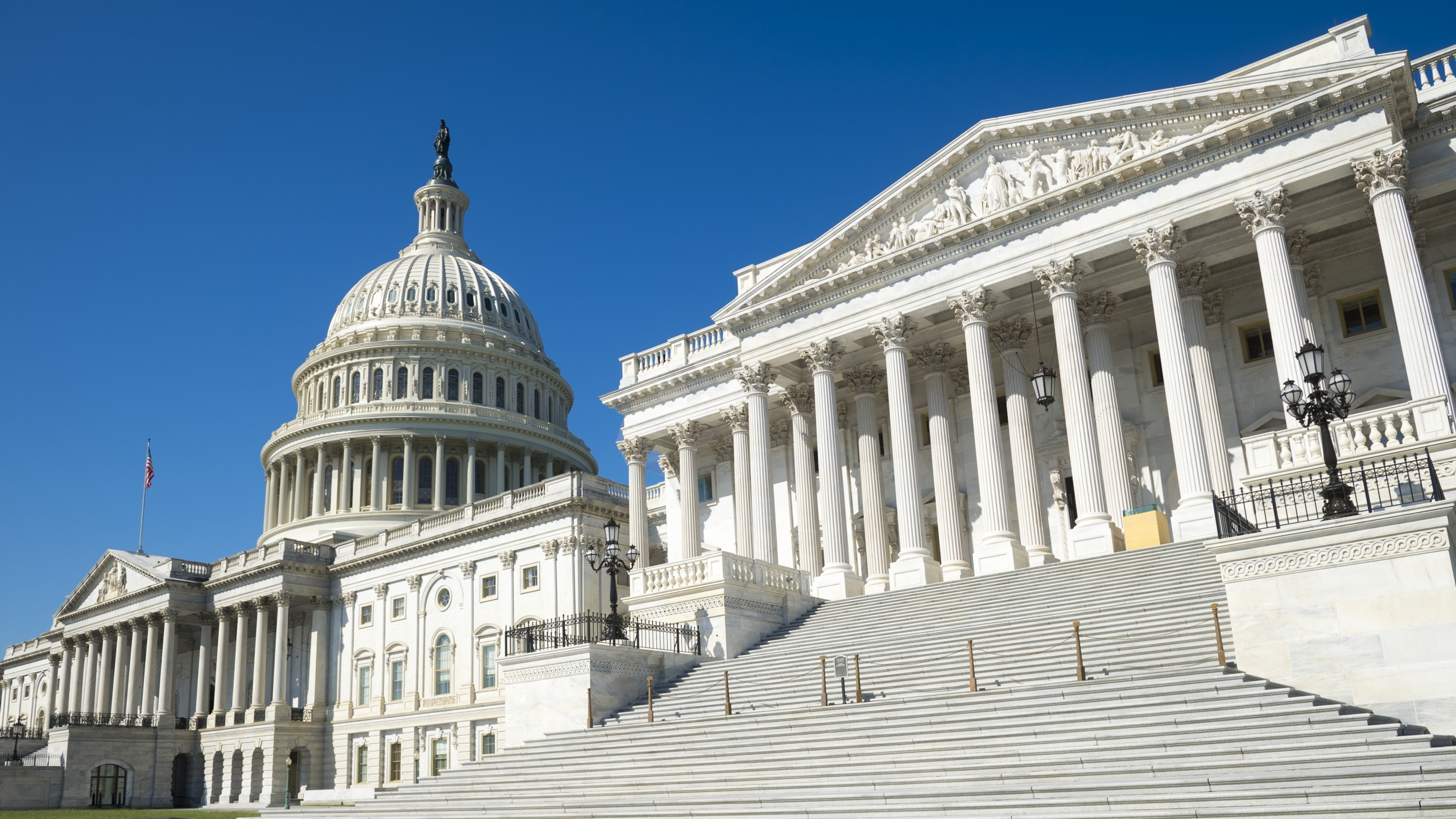|
Getting your Trinity Audio player ready...
|
In the seemingly never-ending brinkmanship on Capitol Hill, Congress has enacted a temporary measure to ensure the continuity of federal government operations until early March. This decision comes after a prolonged period of contention and political maneuvering, marking the third such interim spending bill in the past four months. The move reflects the ongoing difficulties faced by lawmakers in reaching a consensus on a sustainable long-term funding strategy for the government.
The latest legislative action, characterized by bipartisan negotiations, witnessed divergent voting patterns among Alabama’s congressional representatives. U.S. Senators Tommy Tuberville and Katie Britt, along with Republican House members Barry Moore, Jerry Carl, and Gary Palmer, registered a no vote against the bill. Conversely, their Republican colleagues Robert Aderholt, Mike Rogers, and Dale Strong, alongside Democrat Terri Sewell, cast their votes in favor, showcasing a rare moment of cross-party agreement.
Senator Britt who is a co-sponsor of the Prevent Government Shutdowns Act, authored by Senator James Lankford, R-Okla., legislation would permanently end the practice of shutting down the federal government and disrupting critical services if Congress fails to enact spending bills by the start of the next fiscal year issued a statement following her vote.
“Today, I voted against Senator Schumer’s continuous Continuing Resolutions,” said Britt. “It is past time for the Senate to live up to the promise that we made to the American people and work to pass responsible appropriations bills through regular order in an open and transparent manner that includes a robust amendment process.” She continued, “The Senate Appropriations Committee worked diligently to markup and advance all 12 appropriations bills by the end of last July. Since then, 175 days have passed. Enough is enough. In the past 64 days, the time period since the most recent Continuing Resolution passed, Senator Schumer has not allowed a single appropriations bill to come to the floor. It is clear that he is not serious about conducting a regular-order appropriations process on the floor, and I will not vote to kick the can down the road to an omnibus. The American people deserve better than this broken federal spending process, and I will continue fighting to restore fiscal sanity and common sense to our nation’s capital.”
The Senate, leading the charge, passed the bill with a notable majority of 77-18 on Thursday afternoon. This was soon echoed by the House, which approved the measure by a decisive vote of 314-108, despite a concerted effort by some GOP hard-liners to integrate contentious border security amendments into the funding package. These developments pave the way for President Biden to enact the legislation, thereby preventing a partial government shutdown that loomed imminently over several federal agencies.
Carl in a press statement said, “Today, I voted against yet another Continuing Resolution because this does nothing more than delay the passage of 12 stand alone Appropriations bills Congress needs to pass. On the Appropriations Committee, we have been working for months to carefully cut every single wasteful dollar we can, while ensuring there is record funding to build the wall and secure the border, give our enlisted service members the largest pay raise in decades, protect our constitutional rights, stop taxpayer dollars from being used to perform abortions, and make sure President Biden’s liberal agenda is stopped dead in its tracks. Congress needs to stop kicking the can down the road and pass these spending cuts so they can be signed into law.”
Moore stated his position with a simple quote, “Shut down the border or shut down the government.”
The bill’s passage is particularly crucial as it extends funding deadlines to March 1 and March 8. Approximately 20 percent of the government, including pivotal departments like Transportation, Veterans’ Assistance, and Food and Drug Safety, faced a funding lapse post-midnight on Saturday. The remaining sectors, including the Defense and State departments, were on the brink of a funding shortfall by February 2, highlighting the urgency of this legislative action.
Looking ahead, this temporary reprieve offers lawmakers a six-week window to negotiate and finalize a series of twelve spending bills that total an estimated $1.66 trillion.
The split votes on the CR demonstrate the nuanced thinking of Alabama’s congressional delegation and how they prioritize issues differently offering rare insight into congressional operations.



















































